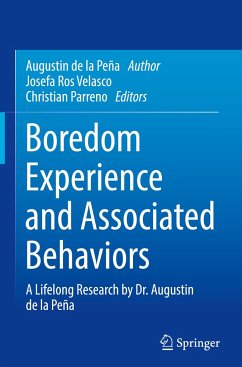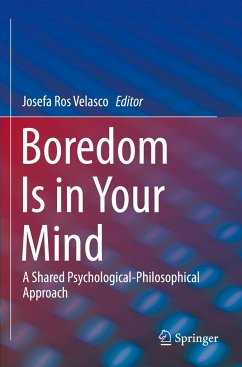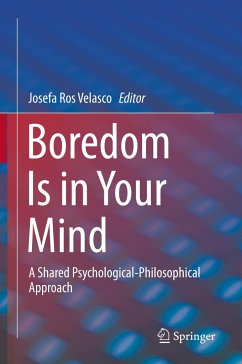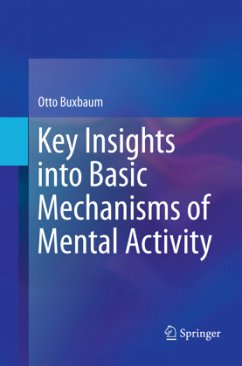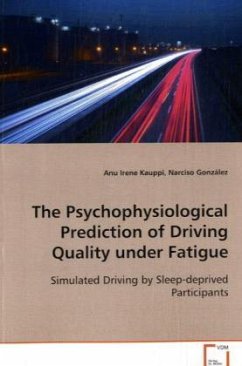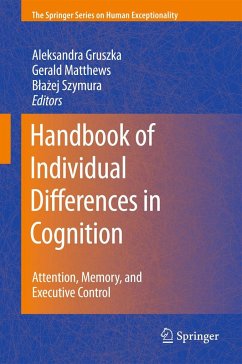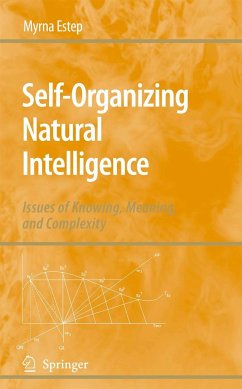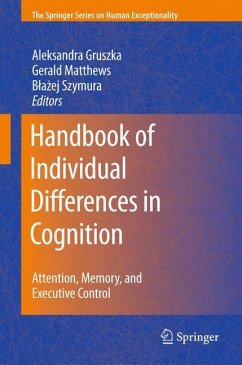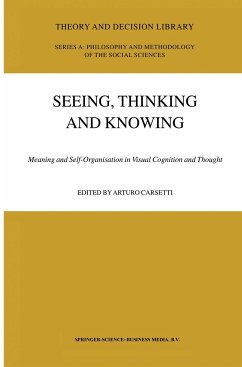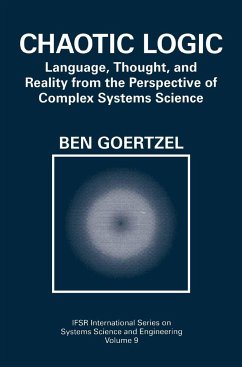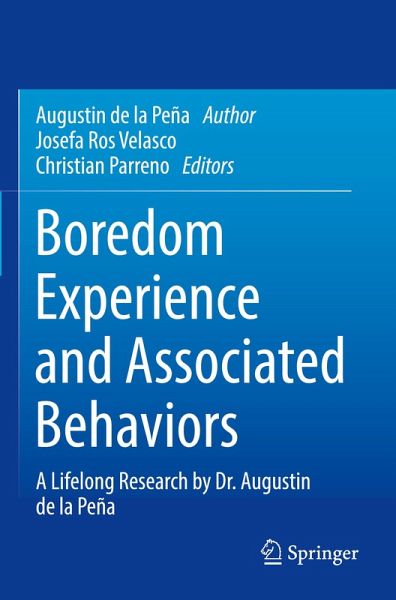
Boredom Experience and Associated Behaviors
A Lifelong Research by Dr. Augustin de la Peña
Herausgegeben: Ros Velasco, Josefa; Parreno, Christian
Versandkostenfrei!
Versandfertig in 6-10 Tagen
76,99 €
inkl. MwSt.
Weitere Ausgaben:

PAYBACK Punkte
38 °P sammeln!
This book collects the lifelong research on boredom by American psychologist Augustin de la Peña (1942-2021). It focuses on the experience of boredom-and other similar states, including ennui, melancholy, laziness, interest, attention, and entertainment-and its associated behaviors. Offering an interdisciplinary chronicle of boredom, from Antiquity to the present, special attention is paid to its daily experience as a ubiquitous phenomenon that informs cultural and political actions that continue to shape our society. Dr. de la Peña describes the obsolescence of the Western Commonsense View ...
This book collects the lifelong research on boredom by American psychologist Augustin de la Peña (1942-2021). It focuses on the experience of boredom-and other similar states, including ennui, melancholy, laziness, interest, attention, and entertainment-and its associated behaviors. Offering an interdisciplinary chronicle of boredom, from Antiquity to the present, special attention is paid to its daily experience as a ubiquitous phenomenon that informs cultural and political actions that continue to shape our society. Dr. de la Peña describes the obsolescence of the Western Commonsense View of Reality to propose a Developmental Psychophysiological Approach to Reality, reconceptualizing boredom. The book theorizes the condition as both logical and emotional, an axis that has defined the sensibility of the modern era. This is a volume edited posthumously by Josefa Ros Velasco and Christian Parreno in homage to Augustin's work and his invaluable contribution to the establishmentof the field of boredom studies.



